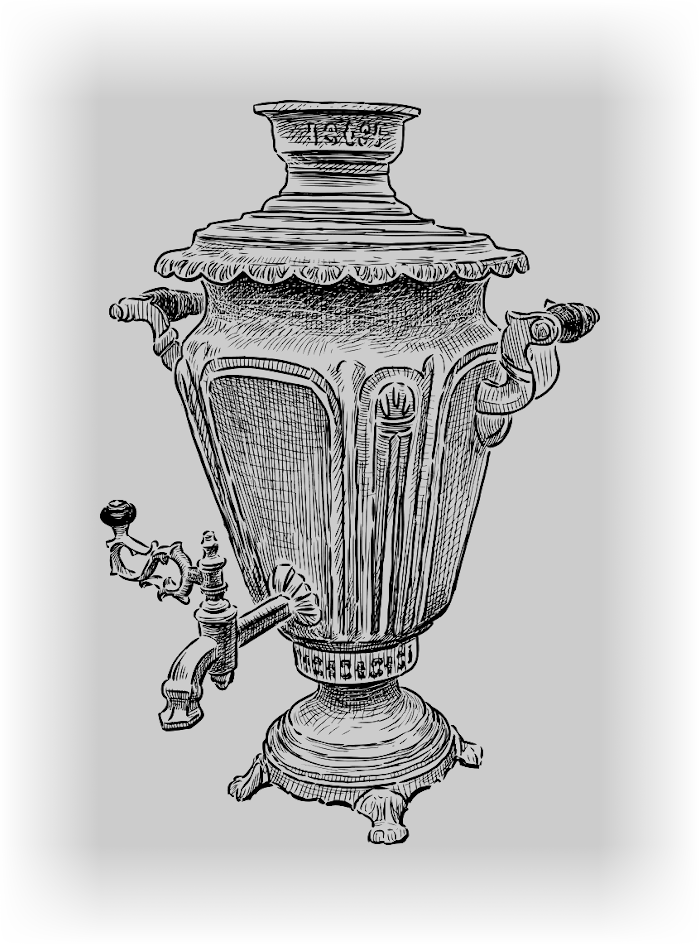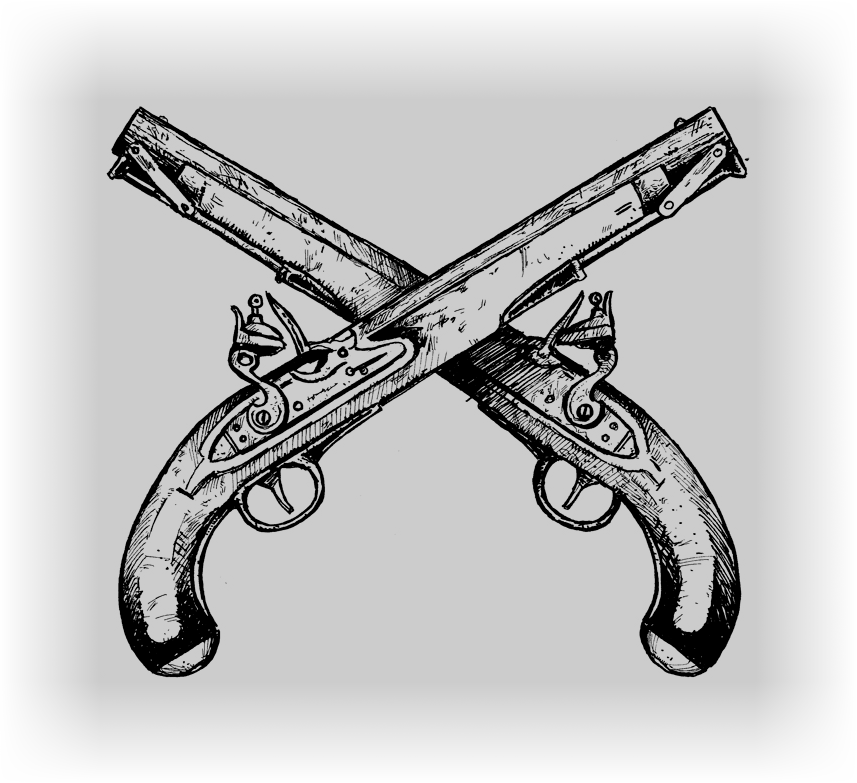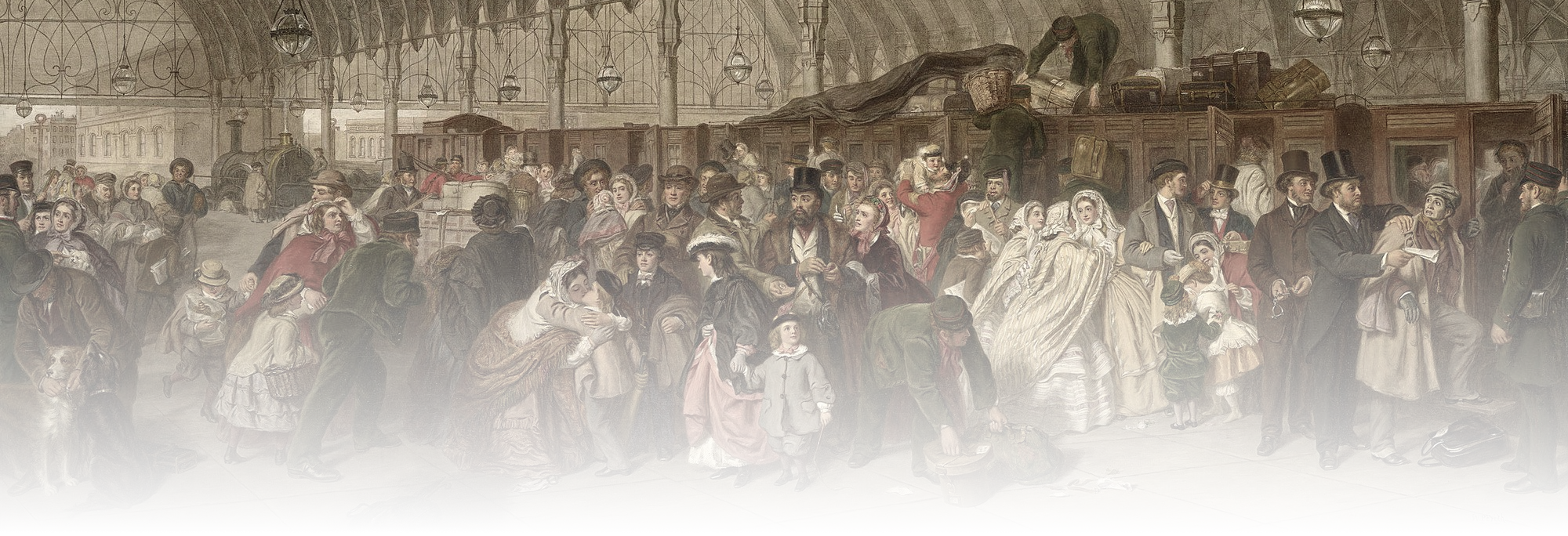Attributes
Every character has six Attributes, with each Attribute determined by rolling a d6. If players have an idea for a character in mind they can roll six numbers and then assign them to their six scores, otherwise they can roll their Attributes in order and let the dice help them decide who their character is. If the sum of all Attributes (before choosing a Background) is less than 15, the player is entitled to a reroll.
Attribute scores are permanent and cannot change during the course of a game, unless perhaps through exceptional circumstances. A character's attribute scores are readily apparent to anyone who knows and interacts with them, and are thus considered public knowledge and shared with all players at the start of the game.
The six Attributes are Nobility, Reputation, Wealth, Education, Allure, and Grit.

Nobility
The Nobility Attribute represents the prestige of a character's family name. Characters with a high Nobility score will have a hereditary noble title (e.g. Prince, Count, Baron).
Reputation
The Reputation Attribute represents how many connections a character and their close family have within high society, how widely known they are, and how well regarded they are by the people around them and by the people who matter.
Wealth
The Wealth Attribute represents how much money a character and their family have. All main characters in White Nights are rich, and can certainly always afford things like fine dining, hiring coaches, or dressing fashionably, but Wealth scores determine things like how much land, houses, and serfs they own, and more importantly, how eligible of a bachelor(ette) they are.

Education
The Education Attribute represents a character's ability to speak intelligently about learned subjects. A character's education score doesn't necessarily correspond directly with how much schooling they had, but rather with how sophisticated and impressive they are in conversation.
Allure
The Allure Attribute represents how attractive a character is, as well as how well they dance (or sing, draw, play piano, write poetry, etc.)
Grit
The Grit Attribute represents a character's mental and physical fortitude when under stress. It also determines their combat abilities in a duel, and their skills at horsemanship and other rugged sorts of endeavors.
Background

Every character chooses a Background from among the six options given below, corresponding to what role they play in society. For women and for male characters too young to have much of a career or history yet, their choice of Background may instead represent the role played by their father or immediate family.
Backgrounds adjust characters' Attribute values as shown in the list below. Players are free to create characters that don't fit neatly into any of the categories given below, in which case they should just pick a background from the list anyway and apply the corresponding changes to their Attributes, and then go ahead and describe their character however they like.
The six Backgrounds are as follows:
- Military: +2 Grit, +1 Reputation, -1 Education
A military character is (or was) an officer in the Russian army or navy.
- Civil Service: +2 Reputation, +1 Nobility, -1 Allure
A character in the civil service is an administrator or holds some other bureaucratic or political office in the Russian state.
- Intelligentsia: +2 Education, +1 Allure, -1 Wealth
A character in the intelligentsia is highly educated and works as a doctor, lawyer, engineer, or academic.
- Finance: +2 Wealth, +1 Education, -1 Nobility
A character with a finance background oversees a business enterprise, or is a banker or investor.
- Rogue: +2 Allure, +1 Grit, -1 Reputation
A rogue character has something of a bad reputation as a scoundrel, libertine or troublemaker, or is known for a scandal of some sort, but is still mostly in society's good graces.
- Dilettante: +2 Nobility, +1 Wealth, -1 Grit
A dilettante character's life is defined by leisure more than anything else, with their time fully occupied by social engagements and entertainment.

Titles
Characters with a Nobility score of 4 or higher have a hereditary noble title, as given in the table below. Male characters in the military, civil service, or intelligentsia might also have formal titles; such non-noble titles are determined using the character's Reputation or Wealth (whichever is higher).
| # | Nobility | Army | Navy | Civil Service | Intelligentsia |
|---|---|---|---|---|---|
| 8 | Prince / Princess | General | Admiral | Councilor | Dr. or Prof. |
| 7 | Prince / Princess | Lt. Gen. | Vice Admiral | Councilor | Dr. or Prof. |
| 6 | Prince / Princess | Maj. Gen. | Rear Admiral | — | Dr. or Prof. |
| 5 | Count / Countess | Colonel | Commodore | — | Dr. or Prof. |
| 4 | Baron / Baroness | Lt. Col. | Captain | — | Dr. or Prof. |
| 3 | — | Major | Captain | — | Dr. or Prof. |
| 2 | — | Captain | Lieutenant | — | — |
| 1 | — | Lieutenant | Lieutenant | — | — |
| 0 | — | Lieutenant | Lieutenant | — | — |
With non-noble titles, players can always choose for their character to have a less prestigious title than what their Attribute scores indicate (if their character is young, for example).
